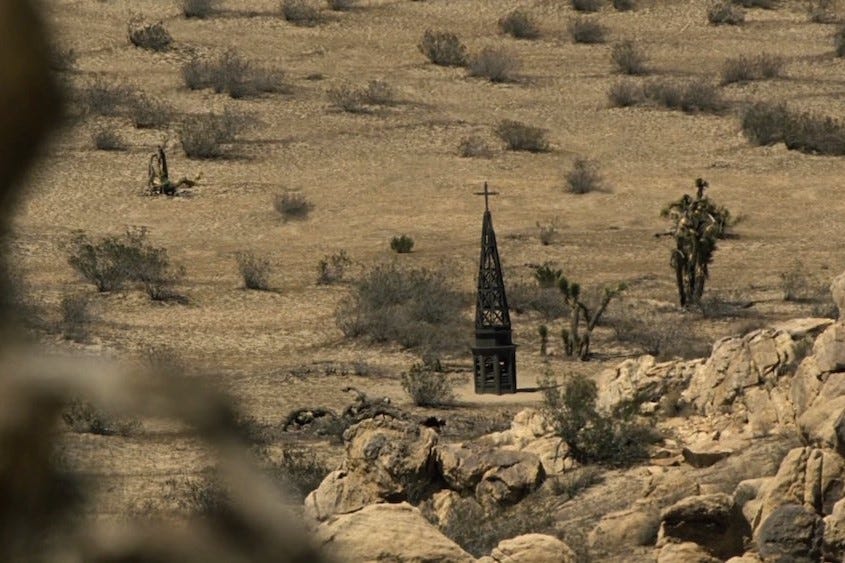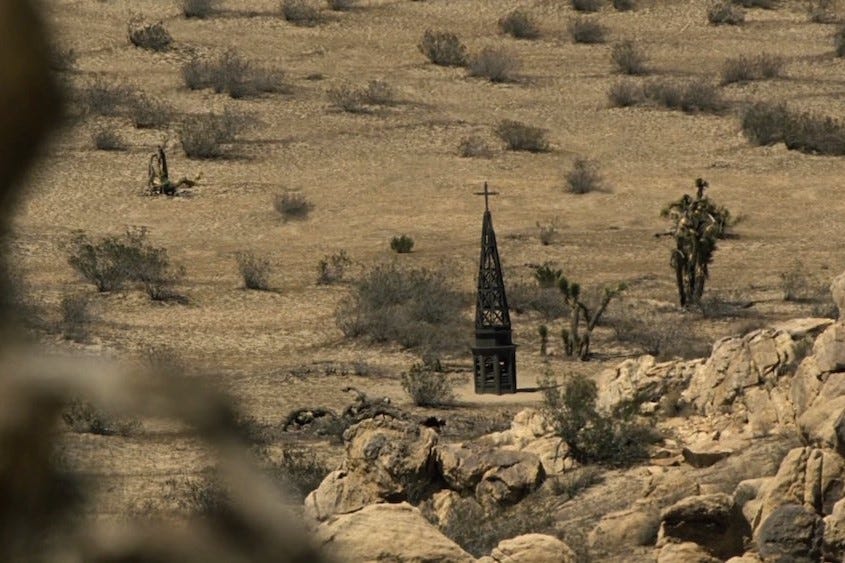How much should Christian EAs care about the far future? (Part I)
by Dominic Roser
Long-termism has emerged as a prominent view among effective altruists. This is the view that in making the world a better place we should give more consideration to the far future effects of our present-day decisions than we’re naturally inclined to. In other words, the far future is a neglected cause. The premises on which the call for long-termism is based are commonly underappreciated. But they are as compelling from a Christian perspective as they are from a secular worldview. They include ideas such as cause neutrality, the insight that many more future than present people might be affected by our current actions simply because there might be so many more future than present people, the claim that we should take even very small probabilities seriously when they are about very bad outcomes, etc. Most of these premises are common to a secular or a Christian worldview.
However, whilst the case for long-termism holds on both Christian and secular premises, this blogpost argues that the case is comparatively less strong on Christian premises than on secular premises. Thus, my overall view is that Christians should in fact encourage mainstream culture to shift attention from the present to the future but that they should push for a less extensive shift than secular effective altruists demand.
I present three arguments for the claim that the case for long-termism is weaker for Christians than for secular EAs:
Christians are encouraged to refrain from worrying about the future.
Christians can leave the future to God on account of how difficult it is to manage it.
Christians believe that God already has plans for the future.
There is a part II of this blogpost which adds two further arguments:
Christians don’t have the job of bringing about a large population.
Christians don’t have the task to bring about bliss.
There is a common theme to these arguments, which can be described as a division of labour between God and humans: while looking after this world is always the responsibility of both God and humans, God takes over some extra responsibility when it comes to future affairs. Future humans matter just as much as present humans, morally speaking. But this equal moral status doesn’t imply that we have to take equal care of future people as of our contemporaries. Even if we believe in full impartiality between present and future, we can still believe that we should give some extra emphasis to the present-day effects of our decisions since we know that someone else – God – will give some extra emphasis to the future. The future is God’s domain: it’s his competence (not exclusively, but more so). This whole “division of labour” thought is similar to saying that my neighbour’s child and my own child matter equally, morally speaking, but that I have extra responsibility for providing dinner for my own child.
1. “Look at the birds of the air...”
There is a chorus that keeps repeating throughout the bible (over 200 times according to my counting): Do not worry. Do not fear. Take heart. It’s an unmistakable call to trust God regarding tomorrow and thereafter. The point of this call is not merely to prove trust in God but also to ease the burden on our minds that worries create. We’re told: instead of trying to take control of everything that might go wrong, let’s cheerfully give control to God to hold everything in his hands. “Do not worry about tomorrow, for tomorrow will worry about itself. Each day has enough trouble of its own.” (Matthew 6)
Of course, planning and worrying about the future are two very different things. And the problem is worrying, not planning. Indeed, although planning is important, it does not necessarily suck the joy out of life and, more importantly, it does not necessarily arise out of distrust in God. Joseph, for example, planned well for the seven good and bad years and trusted God. However, while we can analytically distinguish worrying and planning, they are thoroughly intertwined in everyday life. I would venture the bold claim that as far as typical humans are concerned, a significant part of their planning for the future is, in fact, driven by worrying. In case this is true and in case it is a fixed feature of human psychology, it would mean that if we only planned for the future to the extent that it is not based on worrying, we would do less planning. Also, planning can induce additional worrying. If we took that effect – i.e. planning not only being caused by worries but causing new worries itself – into account as well, a thorough anti-worry attitude would amount to much less planning for the future.
Note, however, that this entanglement of planning and worrying is less relevant when it comes to long-termism. This is so for two reasons. First, long-termism is about other people’s lives whereas worrying is a much bigger temptation when it comes to my own life. Second, long-termism is about the far future whereas worrying is usually a much bigger temptation when it comes to the near future. I added the qualifier “usually” to the last sentence because existential risks are a very fertile ground for worries, and existential risks looms larger in the far rather than the near future.
The upshot is that we should support sober planning for the far future. But when this planning is either borne of worries, or more importantly, engenders worries then we should tone down long-termism and courageously prioritize trust in God.
2. “I do not concern myself with great matters or things too wonderful for me…”
Cognitively and emotionally, the far future is overwhelming. While it is not strictly impossible – as EA is convincingly preaching – to intentionally affect the far future for the better, God is much better at such things than we are. Therefore, we should put the far future into God’s hands.
3. “Never again will I destroy…”
Regardless of whether you interpret the Bible in a very literal or very liberal way, it seems clear that the Bible is committed to a vision of how the future plays out. This vision only covers specific aspects of the future. And even the few contours that it does sketch are difficult to interpret. An example of such a partial settling of the possible future paths are biblical promises about the afterlife: that it will ultimately end well (minimally for humans who follow God, but it might also end well for all creatures). Insofar as certain specific elements of the future are fixed, it would be wasted effort to try to affect these elements. This is so at least if we assume away sufficiently strong versions of open theism.
Note that many EA’s call for shifting attention towards the far future is based particularly on one specific aspect of the future: existential risks, and in particular extinction risks. This aspect also plays a role in the biblical vision of the future. After the flood, God said to Noah: “Never again will all life be destroyed by the waters of a flood.” Also, the bible contains a vision of the end times in which humans are still around. These promises and visions speak against the possibility of human extinction. Admittedly, however, they do not constitute a rock-solid argument. First, for those inclined to a literal reading, it is noteworthy that the promise to Noah is only about destruction via the specific risk of a miraculous flood. And other visions of the end times are notoriously difficult to interpret. Second, for those inclined to a non-literal reading, this is not the kind of genre in the bible which conveys down-to-earth facts. My own tentative position is that the biblical commitments give us significant but not conclusive reason to exclude extinction risks.
Concluding remarks
It tests my faith to make these arguments. I find it often challenging to trust in God’s providence (and even existence) and it is much easier to practice my faith when the practical implications of believing and not believing are the same. In the case under scrutiny here, where I suggest to refrain from planning too much for the future because there is a fallback option (God), I’m trying to be adventurerously faithful and I’m putting massive weight on my Christian premises. And, I’m not just staking my own life but the life of others, too.
Feedback on this post is most welcome since this is an area where I hold my beliefs with significantly lower confidence than in other areas.





